china lifepo4 battery company
Choosing a Reliable China Lithium Iron Phosphate Battery Company: Key Considerations for Efficient Energy Storage Solutions

The global shift toward renewable energy and green technologies has underscored the critical role of lithium-ion batteries in energy storage systems. As the demand for sustainable energy solutions continues to grow, companies specializing in lithium iron phosphate (LiFePO4) batteries are emerging as key players in the green energy landscape. With China leading the charge in the production of lithium-ion battery solutions, it’s essential to understand how to choose a reliable China-based lithium iron phosphate battery company for your energy storage needs.
The Rise of Lithium Iron Phosphate Batteries in Renewable Energy Storage
Lithium iron phosphate batteries have gained significant traction in recent years due to their unique advantages over other types of lithium-ion batteries. These batteries offer excellent thermal stability, high cycle life, and lower costs compared to lithium cobalt oxide batteries. They are particularly well-suited for renewable energy storage applications, such as solar and wind power, where energy needs to be stored efficiently for later use.
In the context of green energy, the integration of advanced LiFePO4 batteries into home energy hubs and utility-scale storage systems has become a cornerstone for achieving sustainable energy goals. By leveraging these battery technologies, homeowners and businesses can store excess energy generated during off-peak hours, reducing reliance on the grid and lowering energy costs.
The Importance of a Reliable Supplier in the Lithium-Ion Battery Industry
As the demand for lithium-ion battery solutions grows, so does the need for reliable suppliers. A trustworthy China-based lithium iron phosphate battery company must meet several critical criteria to ensure the quality and performance of their products. Here are some key factors to consider:
Technological Expertise: Look for a company that invests in cutting-edge research and development to stay ahead of industry trends. Advanced technologies like cell-to-pack (CTP) designs and high-energy density formulations are indicators of a company’s commitment to innovation.
Comprehensive Testing and Quality Control: Ensure the company has robust quality control processes in place, including rigorous testing of battery performance, safety, and durability. Certifications from recognized international standards are a strong indicator of quality.
Global Compliance and Certifications: A reputable company will adhere to global safety and environmental standards, ensuring their products meet the requirements for export and use in various regions. Certifications such as UL, IEC, or ISO are important markers of compliance.
Track Record and Customer Reviews: Check the company’s track record by reviewing customer testimonials and case studies. Positive feedback from previous clients can provide valuable insights into the company’s reliability and service quality.
Addressing Supply Chain Challenges in the Lithium-Ion Battery Industry
The lithium-ion battery industry is not without its challenges.Supply chain disruptions, sourcing of raw materials, and geopolitical tensions have created uncertainties in the global market. As a result, companies in China and elsewhere are increasingly focusing on diversifying their supply chains and adopting sustainable practices to mitigate these risks.
One of the key issues in the supply chain is the reliance on critical minerals such as lithium, cobalt, and nickel. While China has made significant strides in securing its supply of these materials through strategic investments in mining operations and recycling technologies, the global community must work together to ensure a stable and ethical supply of raw materials.
The Role of Integrated Energy Storage Systems
The integration of advanced storage systems with renewable energy generation is becoming increasingly important as the world transitions to a low-carbon future. An efficient lithium iron phosphate battery system, when combined with solar panels and smart energy management software, can provide a comprehensive home energy hub solution.
Such systems allow for the optimized use of energy, ensuring minimal wastage and maximum savings for users. By adopting these integrated solutions, businesses and homeowners can reduce their carbon footprint while benefiting from lower energy bills.
Future Trends in the Lithium-Iron Phosphate Battery Market
The lithium iron phosphate battery market is expected to grow significantly in the coming years, driven by the increasing adoption of renewable energy and the need for cost-effective storage solutions. Companies in China, which already dominate the global battery manufacturing industry, are well-positioned to capitalize on this growth.
Innovation will play a crucial role in shaping the future of this market. Research and development efforts are likely to focus on improving battery performance, reducing production costs, and enhancing sustainability. For example, advancements in battery recycling technologies will help minimize the environmental impact of lithium-ion batteries, making them a more sustainable solution for the future.
Choosing a reliable China-based lithium iron phosphate battery company is essential for ensuring the efficiency and reliability of your energy storage solutions. With the right partner, you can benefit from cutting-edge technology, high-quality products, and superior service. As the green energy sector continues to evolve, the role of advanced battery technologies will only become more critical in achieving a sustainable future. By focusing on innovation, quality, and sustainability, the China lithium-ion battery industry is poised to lead the world in the development of green energy solutions.

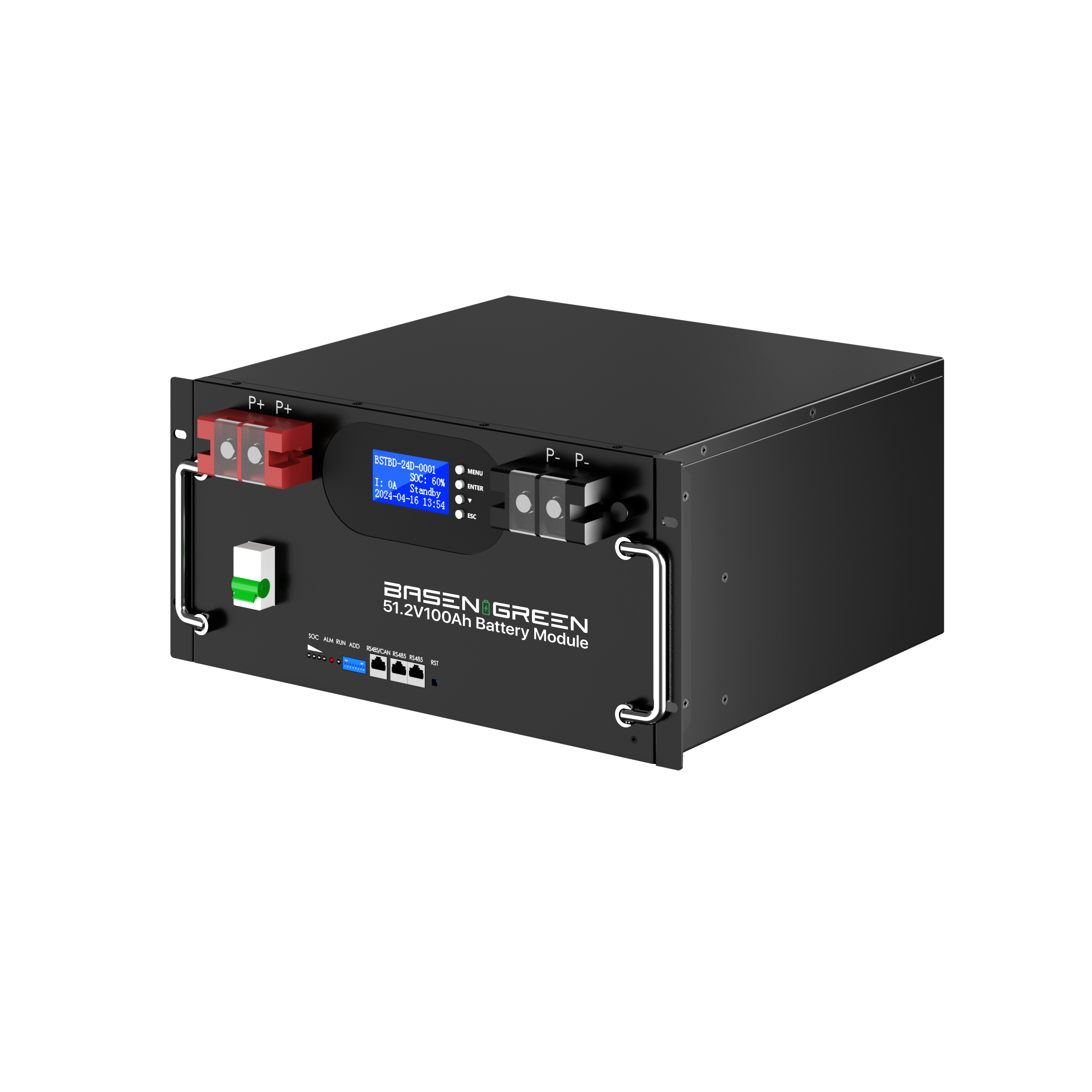


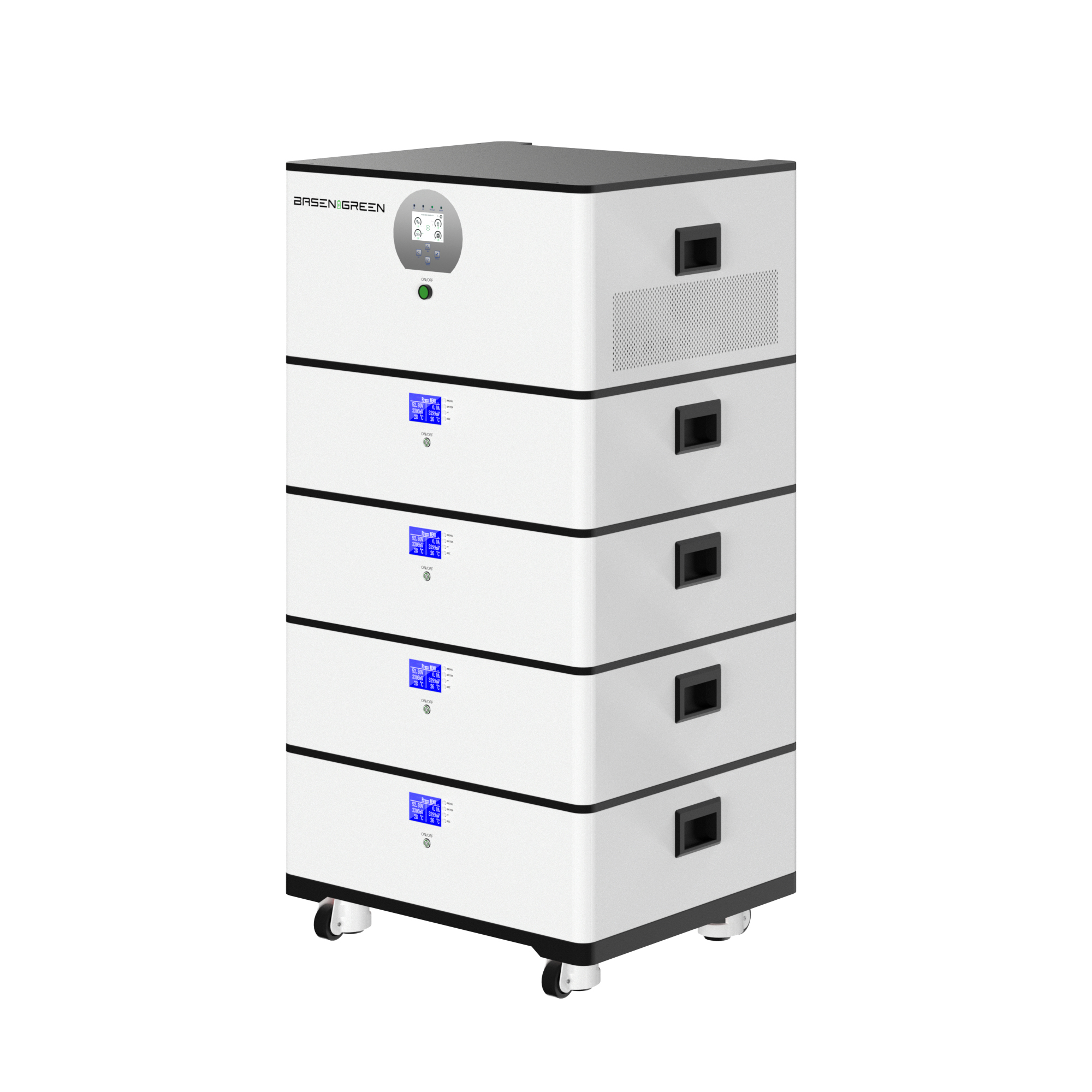


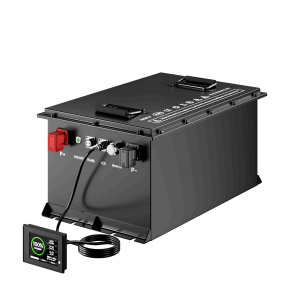
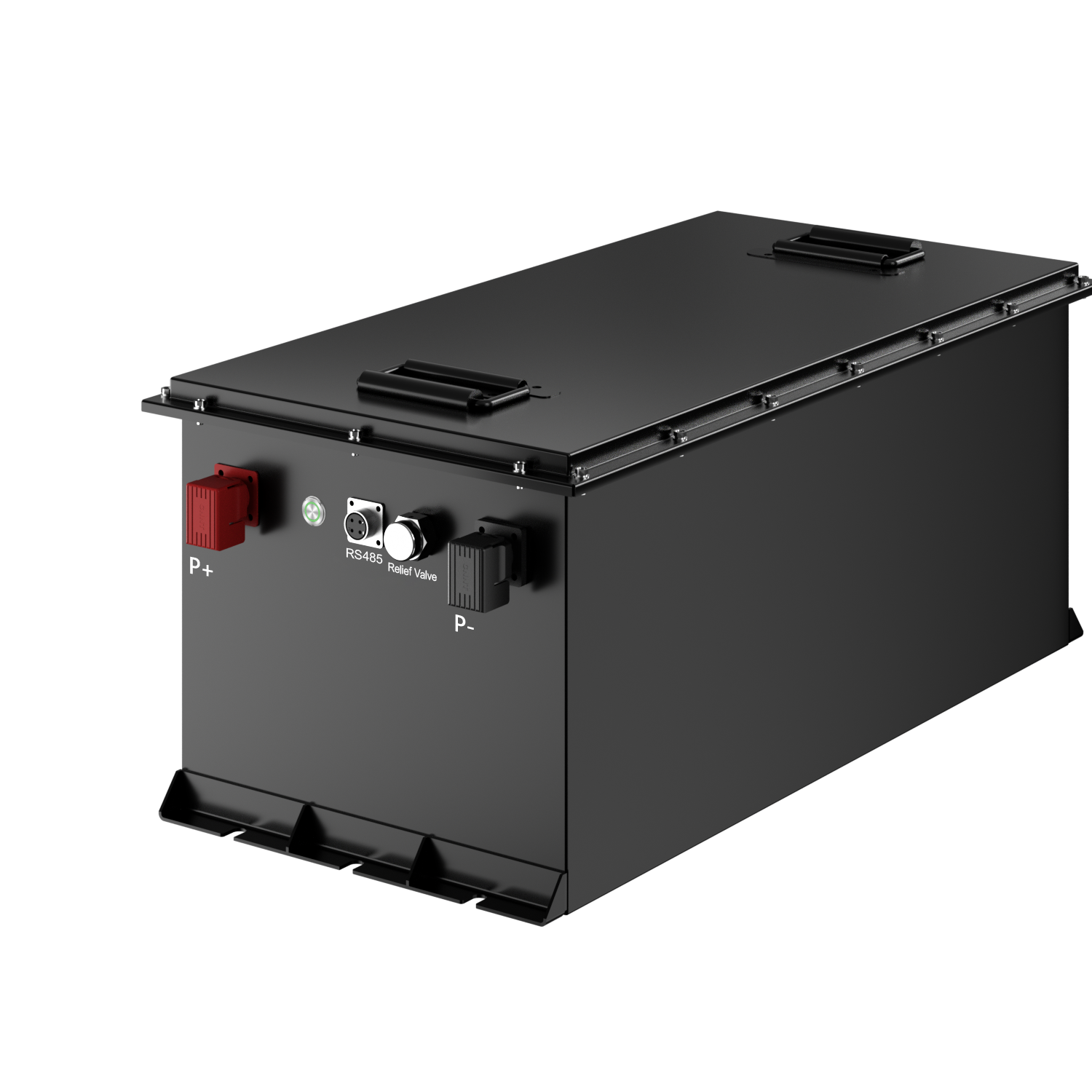
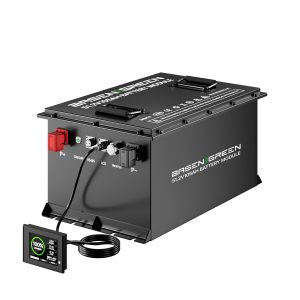
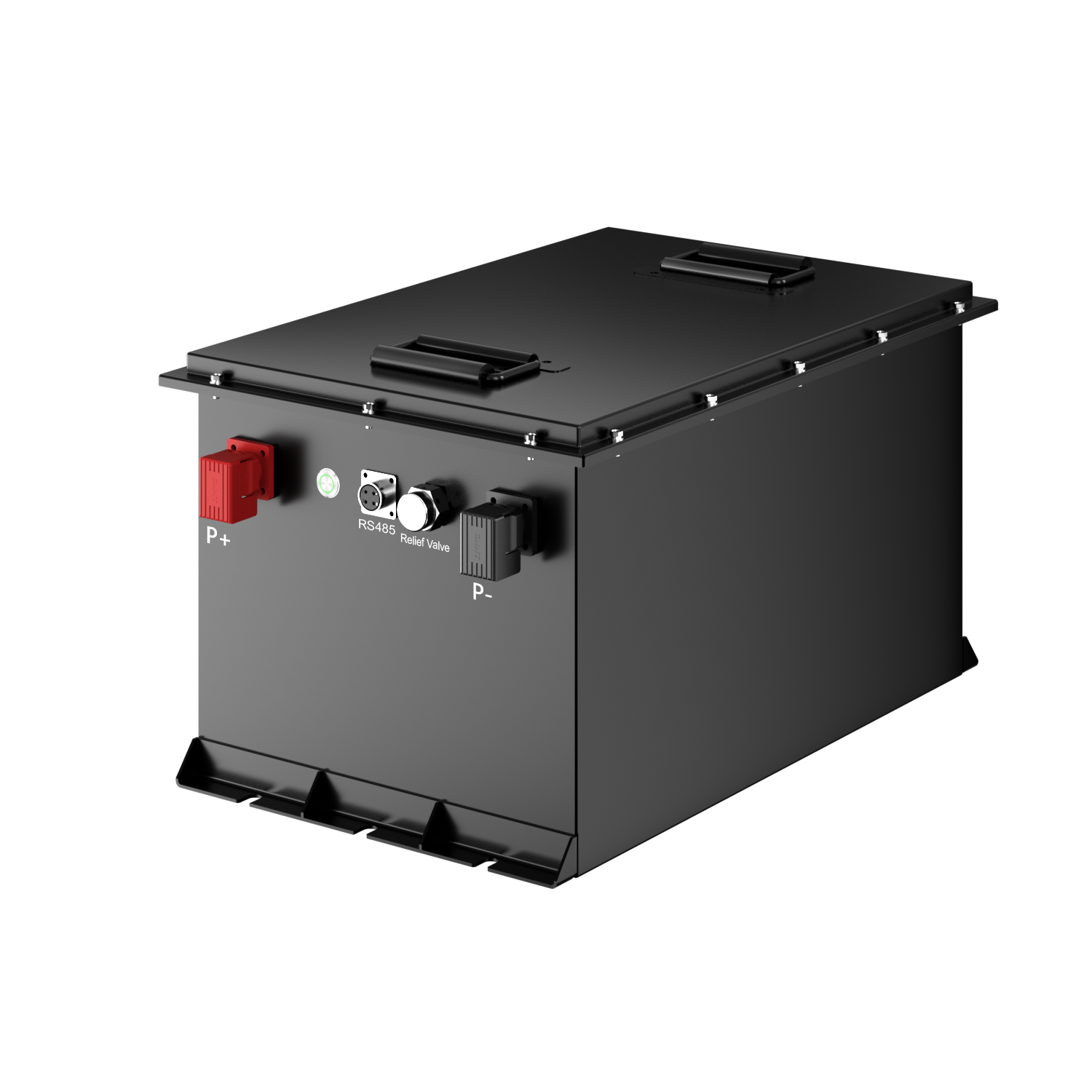
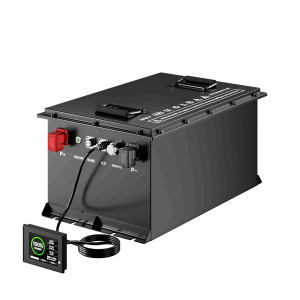
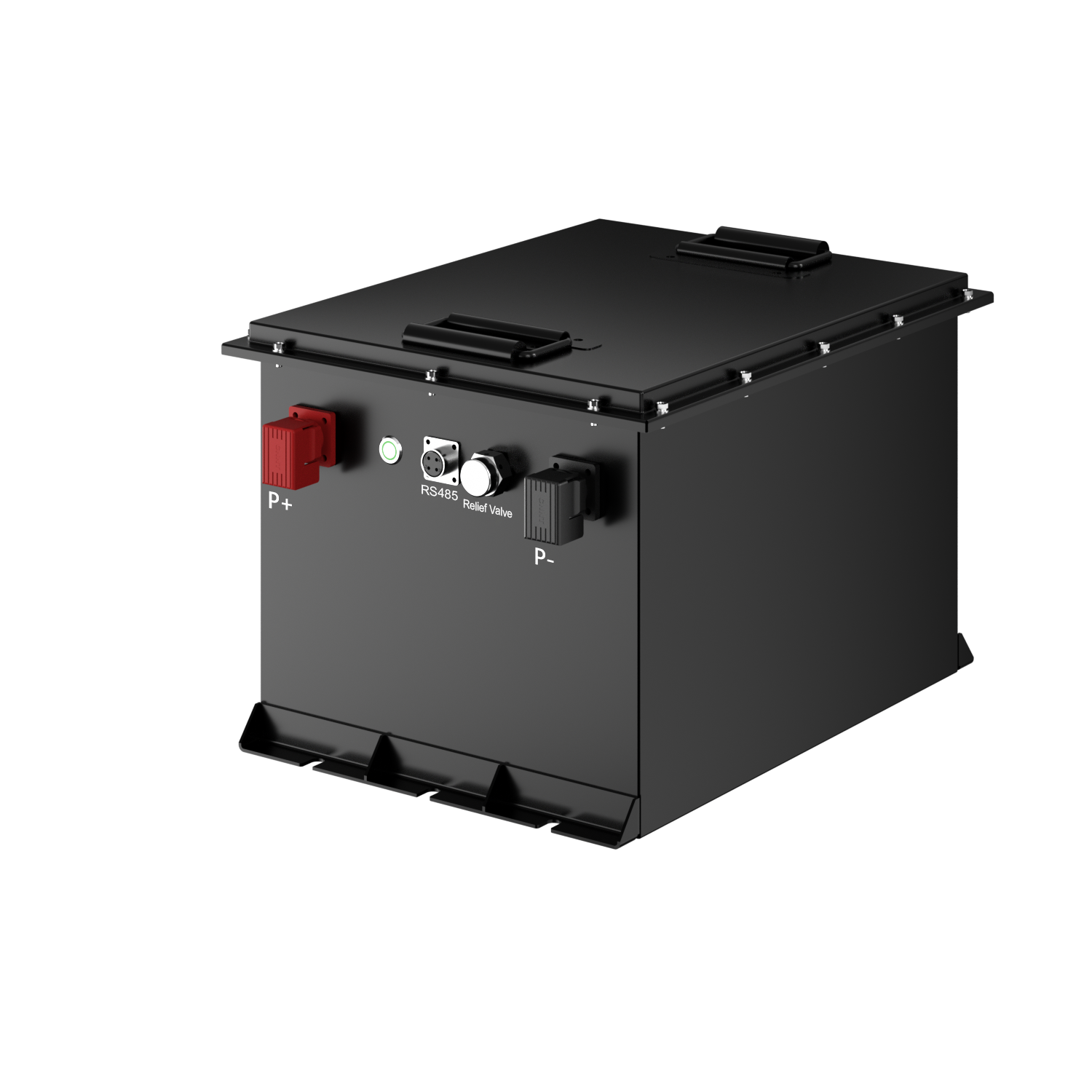
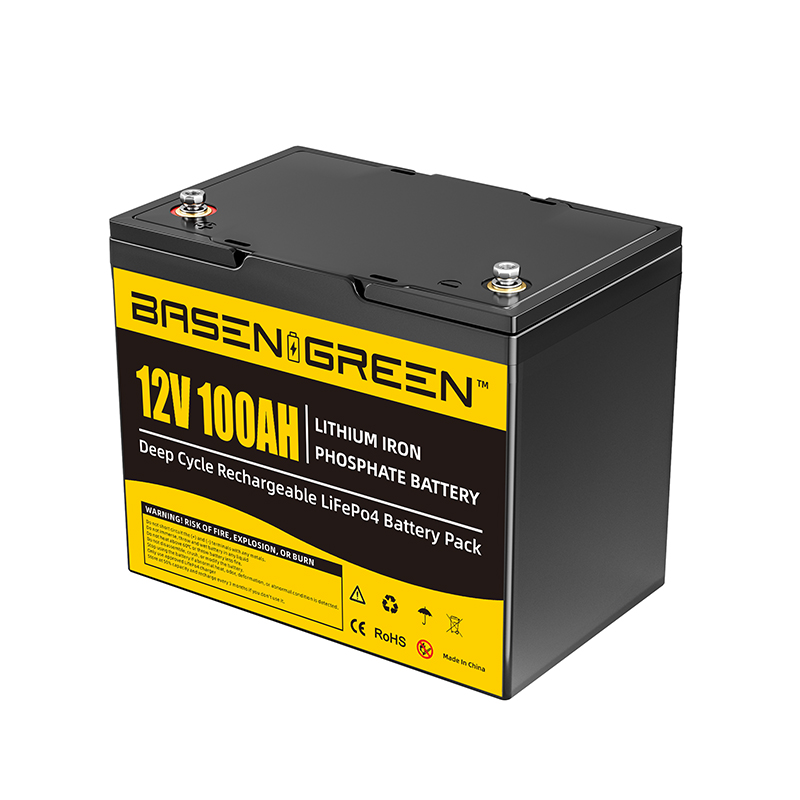

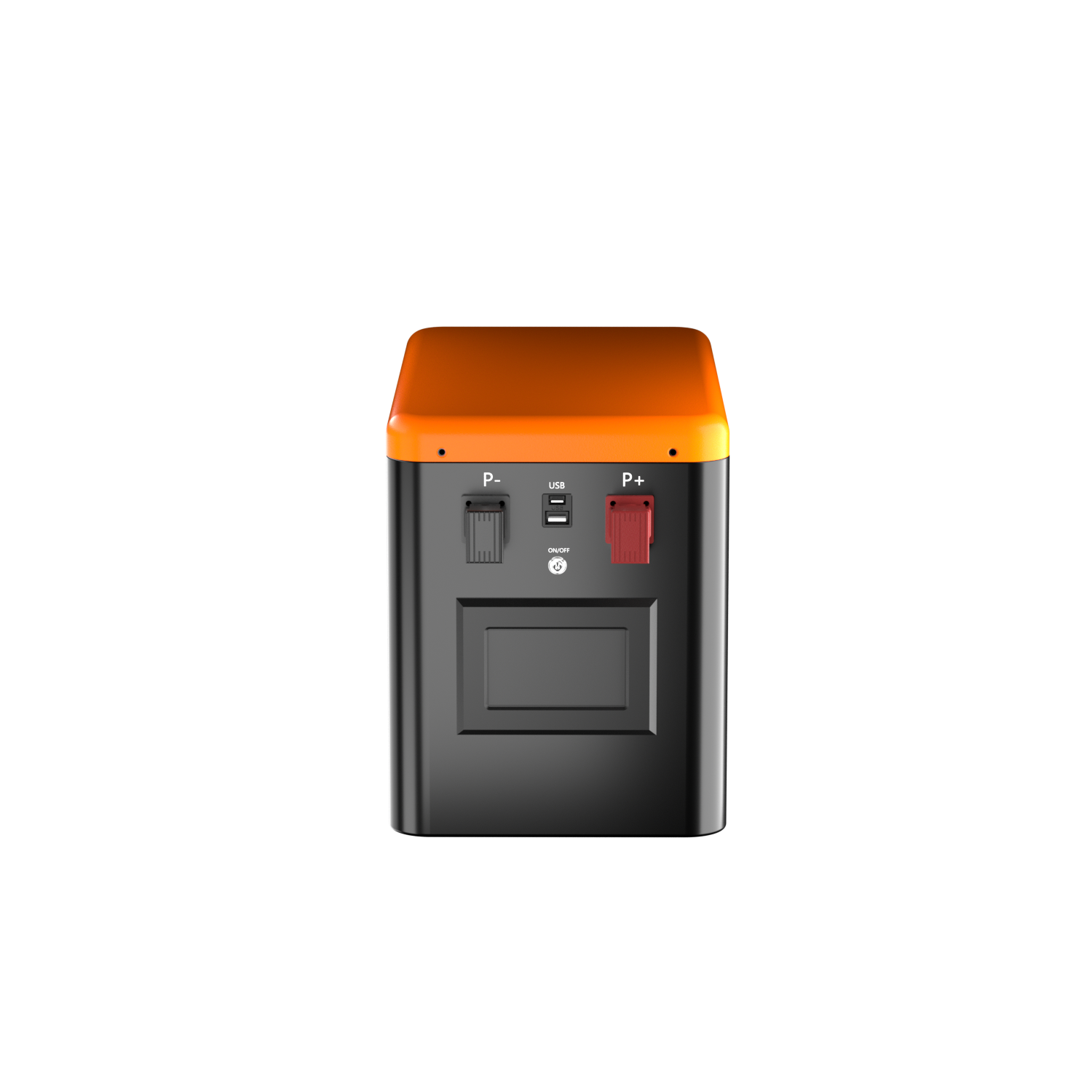
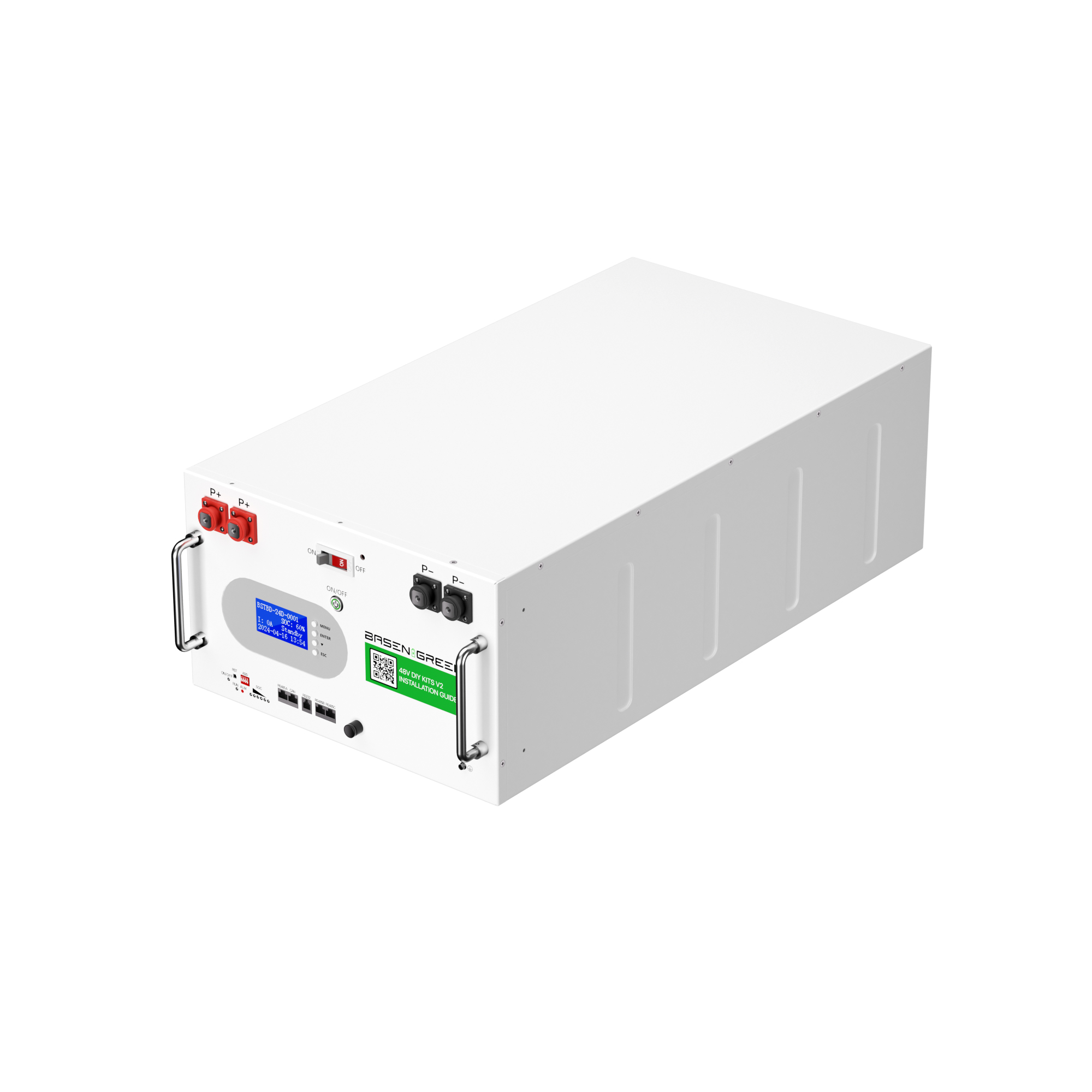
.png)